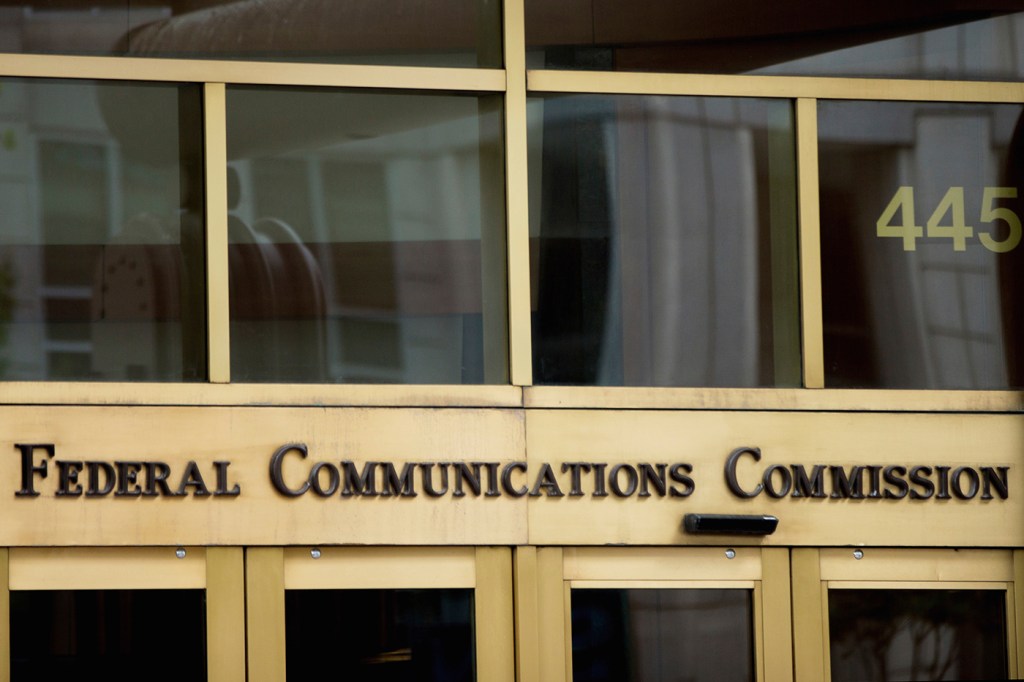
It was on, then off, and now ‘net neutrality’ is on again.
In a 3-2 vote, the Federal Communications Commission last month adopted the Internet Accessibility Policy that requires broadband providers to treat all traffic equally.
Computer scientist David Choffnes of Northeastern University praised the vote, saying the policy is important to ensure the Internet’s independence and potential.
“It ensures that the Internet can remain a playground of ideas where people can come up with new applications that can really change the world,” said Choffnes, associate professor at Northeastern Khoury College of Computer Sciences and executive director and co-founder of the Cybersecurity and University Privacy Institute.

“If we didn’t have this… it probably would have been too expensive to get things like YouTube off the ground, or Facebook or TikTok or even things like Microsoft Teams,” Choffnes continues. “It would have made the internet much less accessible to people.”
Net neutrality is the principle that Internet service providers must provide access to all content and applications, regardless of source, and without favoring or blocking certain products or websites.
Choffnes says this principle was – and remains – crucial to the development of the Internet “that we know and love and virtually cannot live without.”
But net neutrality doesn’t always go smoothly.
The concept collided with the large – and often copyrighted – file sharing capabilities of the early 2000s. In 2007, Comcast was sued for throttling traffic on the BitTorrent peer-to-peer file sharing network by reducing the allocated bandwidth. The FCC ruled against the telecom company in 2008 and began enforcing the principles of open access.
Battles ensued through 2016, when the D.C. Circuit Court reaffirmed net neutrality rules. The rules were then repealed by the FCC during the Trump administration as part of a deregulation agenda.
“The telecom companies, the internet providers, don’t like this,” Choffnes said, noting that telecom trade groups have raised concerns. “They don’t like being regulated at all, which is why they are generally strongly opposed to these types of actions.”
But now neutrality is returning.
Choffnes says net neutrality is important in the age of 5G and high-resolution movie streaming, telemedicine, distance learning or even watching TikTok videos.
Choffnes’ research shows that every major U.S. wireless carrier is reducing bandwidth or artificially limiting the bandwidth that video streaming applications can receive, violating the principles of net neutrality.
Interestingly, the bandwidth “throttling” generally did not occur on fixed-line networks such as cable or FiOS, and the restrictions only apply to video streaming applications that the mobile carriers can detect, Choffnes’ research shows. The research was cited more than a dozen times in the FCC’s proposed new rules published in April.
This restriction has social justice implications, Choffnes says, because people who can’t afford landline networks get worse video streaming service than their wealthier peers. As distance learning, telemedicine, and videoconferencing become more common and popular, slower video streaming could also impact education and healthcare.
Because the telecom companies act as “gatekeepers,” as Choffnes calls it, they can also charge independent applications for preferential access to bandwidth, or charge users for access to video, or develop their own applications and charge users for access, says Choffnes.
“While the Internet evolves and applications evolve, the threats still remain very powerful: when networks can pick winners and losers, unfortunately there will also be people who will suffer from these decisions,” says Choffnes. “The easiest way to prevent that is just not to choose, not to be a gatekeeper.”
“We’ve seen this before: when companies have been our gatekeepers, that gatekeeping power can be abused,” Choffnes continues.
But there are a few final possible complications.
The rules — which won’t take effect until 60 days after the final order, released Tuesday, is entered in the Federal Register, Choffnes says — could still be held up by lawsuits. And if Donald Trump returns to the White House, Choffnes says net neutrality is “essentially dead in the water.”
Choffnes says this speaks to the need for legislation that codifies net neutrality – something that surveys show about 80% of Americans support.
“It’s a bipartisan issue that has voter support,” Choffnes said. “I find it shocking that we still don’t have this law.”




